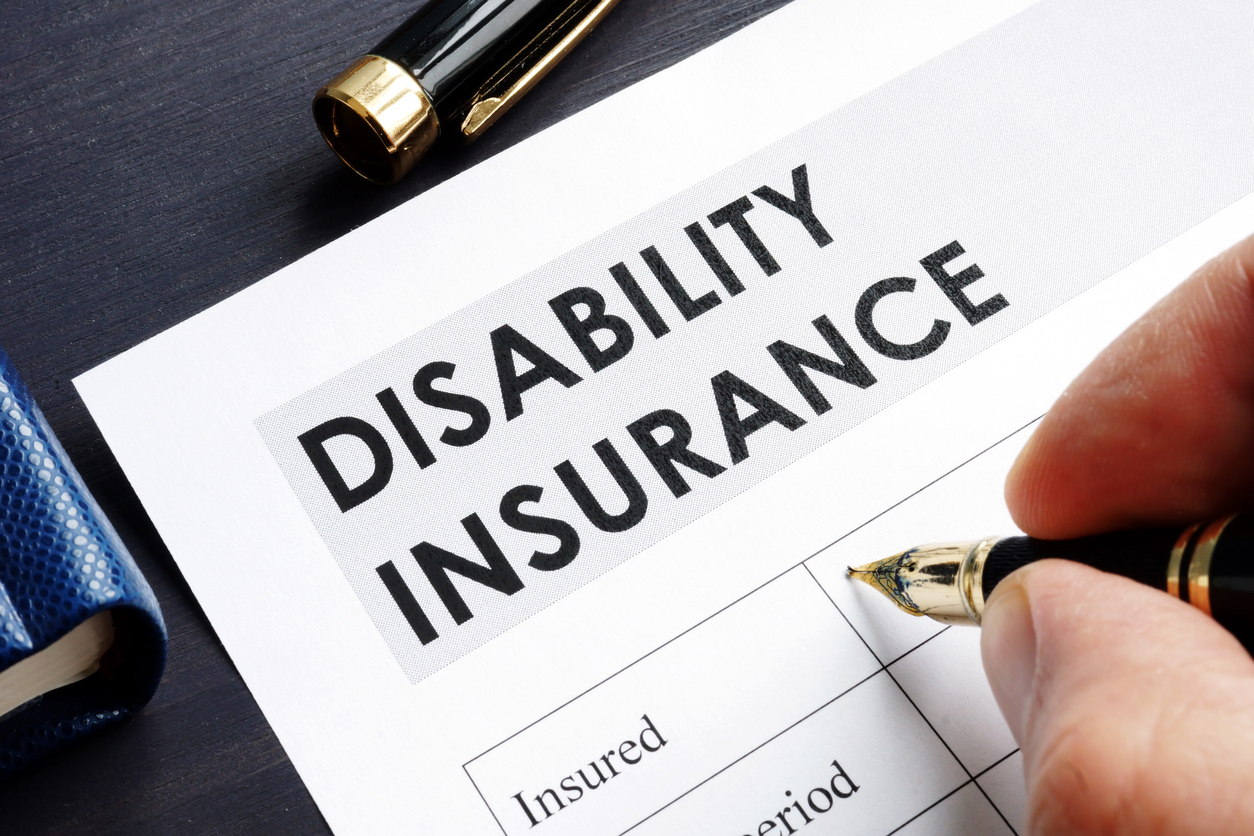
While Life insurance is the number-one driver in protecting one’s family in the event of death, equally important is having long-term Individual Disability Income insurance as part of your financial-protection plan should you become ill or have an accident that compromises your earning ability. In fact, the exposure for disability is greater than the risk of death during one’s working career. It’s estimated that one in seven individuals between the ages of 35 and 65 will become disabled for five years or more.
If you don’t have any income-protection insurance, perhaps because you’re self-employed or your employer doesn’t provide coverage, it’s important to consider purchasing a long-term Individual Disability plan to replace a portion of your income if illness or injury keeps you from working. Even if you have coverage through your employer’s Group Disability plan, your benefits may fall short of what you need. Most plans provide coverage up to only 60% of your income, or cap the benefits at a certain amount per month. In addition, for higher-income earners this percentage may be lower due to the coverage limits on most Group plans. Whether you or your employer pay the insurance premiums will also impact the amount of benefits you receive. If you pay the Disability insurance premiums, your benefits will not be taxable, however, if your employer pays the premiums, the benefits you receive will be taxed, leaving you with a potential income gap. Additionally, if you change employers, you won’t be able to take your long-term Disability coverage with you.
A long-term Individual Disability policy will provide you with the monthly benefits you need to maintain your current lifestyle and obligations. A good plan will cost you but you are insuring your most valuable asset – your income and the ability to continue to provide for yourself and your family without having to deplete your investment or retirement funds.
Protecting Your Company with Corporate Disability Insurance
In planning for business continuity, business owners should also consider the impact their disability would have on the firm’s future. With Corporate Disability insurance in place, you can get funding for buy-sell agreements, business loan protection and/or business overhead expenses.
Disability Buy-Out coverage as part of a buy-sell agreement provides the funds to purchase your financial interest in the business should you become totally disabled. Corporate Disability insurance can be set up to cover the operating expenses of a business and keep it running while you are recovering from an illness or accident. The policy can be designed to cover expenses such as office rent or mortgage, utilities, employee salaries and much more.
In addition, business loan protection is available to protect a firm’s fiscal health by covering its monthly business-related loan payments while you are out of work. Lenders may require you to purchase this coverage when you are applying for a business loan.
Owens Group can go over the details and benefits of securing Disability Income insurance as well as the need for Corporate Disability insurance. Features and costs from one policy to the next vary depending on a number of factors, therefore, it’s important to work with experienced professionals. Please contact Bob Owens at 201-408-3500, or Denise Kligman at 201-408-3501.

